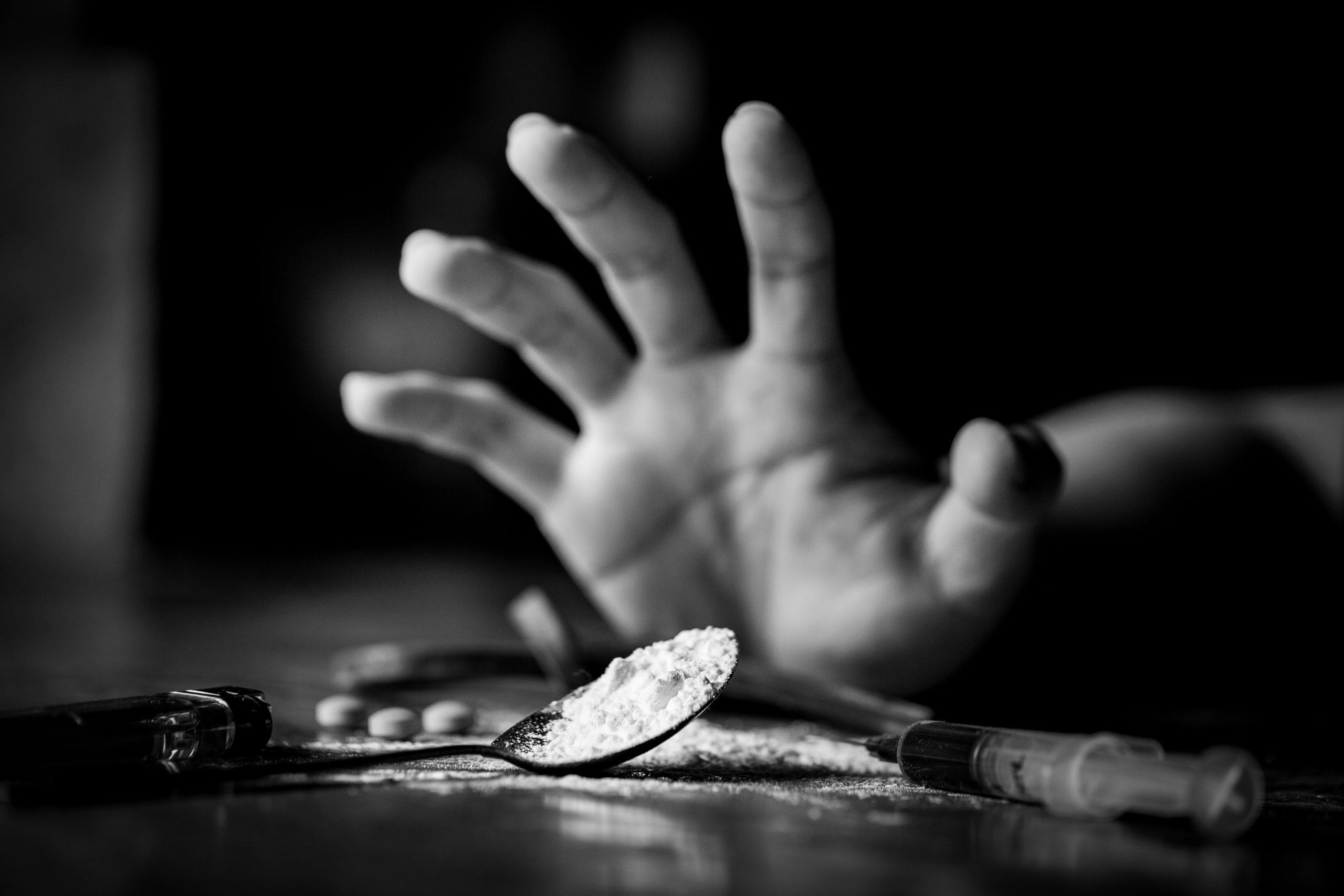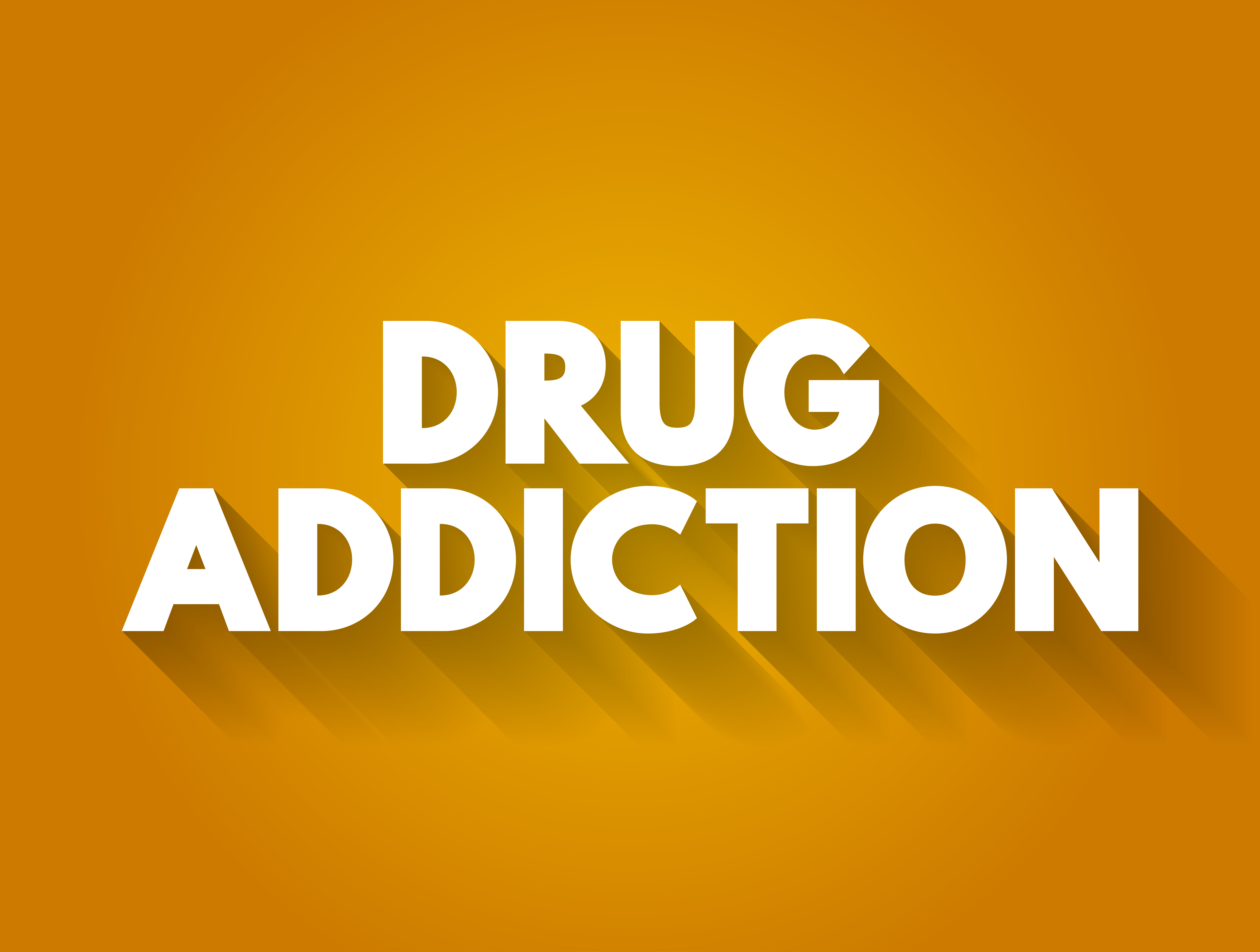THE SIGNS AND SYMPTOMS OF COCAINE ADDICTION
Cocaine is made from the leaves of the coca plant that is native to South America. Cocaine is an stimulant and it is addictive. Cocaine has valid health care uses, as a local anesthesia for some surgeries, however, recreational use of cocaine is illegal. Cocaine is sold on the street as fine, white crystal powder. Street dealers usually mix it with other similar looking substances, such as talcum powder, corn starch, or all-purpose flour in order to dilute the potency of cocaine and increase profits. Drug dealers may also mix it with other substances of abuse, such as stimulant amphetamine, synthetic opioids, fentanyl, or natural opioids, heroin. Mixing substances increases the potency of the drug and could result in overdose or even death, as the user is not aware of the “cocktail” in the product he/she is buying. Sometimes, cocaine is process by drug dealers to make a rock crystal (also called “freebase cocaine” or “crack cocaine”). The term “crack” refers to the crackling sound of the crystal rocks when they are heated.
Cocaine can be snorted, dissolved and injected into the blood stream or rubbed onto the gums. Crack cocaine is heated to produce vapors that are inhaled. Some users also inject a combination of cocaine and heroin, called “Speedball.”
Individuals who abuse cocaine often indulge in binges – abusing the drug repeatedly within a short period of time and in increasingly higher doses. Such rapid intake of cocaine helps to maintain the high.
Like most other substances of abuse, cocaine sharply increases the levels of dopamine in brain circuits, delivering euphoria. Usually dopamine recycles back into the cell that released it, which helps to shut off the signal between nerve cells. But, cocaine blocks this from happening. As a result, large amounts of dopamine builds up between two nerve cells causing a flood of dopamine in the brain’s reward circuits. Such an intense high, drives a strong addiction. Like other drugs of abuse, tolerance to the drug builds and increasingly larger doses of cocaine are needed to achieve a similar high.
The addiction can be both physical and psychological. Short-term physical effects include sharply increased happiness and energy, mental alertness, hypersensitivity to sight, sound and touch, irritability, paranoia (unreasonable distrust). Psychologically it could lead to higher self-esteem and a sense of accomplishment.
Individuals suffering an addiction to cocaine can potentially overdose on cocaine. So accessing treatment for cocaine dependence is highly recommended. On the positive side, individuals who suffer from cocaine addiction in New Jersey have plenty of treatment options. Whether they live in Marlton or Cherry Hill, Long Branch or Monmouth Junction, New Brunswick or East Brunswick, Sayreville or Montville, Union or Bridgewater, Califon or Phillipsburg access to treatment is fast and easy. International Day against Drug Abuse. Young human hand trying to reach cooked heroin spoon on grungy concrete floor. Drugs addiction and withdrawal symptoms concept. Copy space.

Cocaine withdrawal symptoms
The initial signs of cocaine addiction are rather mild as you may not realise that you are becoming addicted until it turns serious. The severity of the addiction depends on the amount of cocaine ingested and frequency of abuse.
As always denial in the initial stages of addiction is common. Signs of addiction include:
● Over excitement
● Dilated pupils
● Irregular sleeping patterns
● Risky and dangerous choices
● Major mood swings
● Paranoia and anxiety
Individuals who abuse cocaine regularly at frequent intervals may exhibit cocaine withdrawal symptoms such as:
● Problems in breathing and frequent chest pains.
● Borderline serious depression and including suicidal ideation.
● Isolating behaviors.
* Fatigue.
● High body temperature and high blood pressure.
● Dilation of pupils and septum damage.
● Nausea and seizures
● For pregnant women, excess usage of cocaine can also lead to serious complications in the baby and may result in a miscarriage.
● Unstable thoughts and poor decision making.
● Heart problems or stroke.
● Financial issues.
Although it is not easy, addiction to cocaine can be overcome, with treatment.
Treatment for cocaine addiction
Unlike opiates such as fentanyl, heroin or opioid pain pills, there is no medication to directly address cocaine withdrawal symptoms or cravings. Treatment for addiction to cocaine is focused on managing the “crash” and support medications that may provide a level of comfort from cocaine withdrawal. Such treatment provides considerable relief to individuals suffering from an addiction to cocaine.
Related Articles

